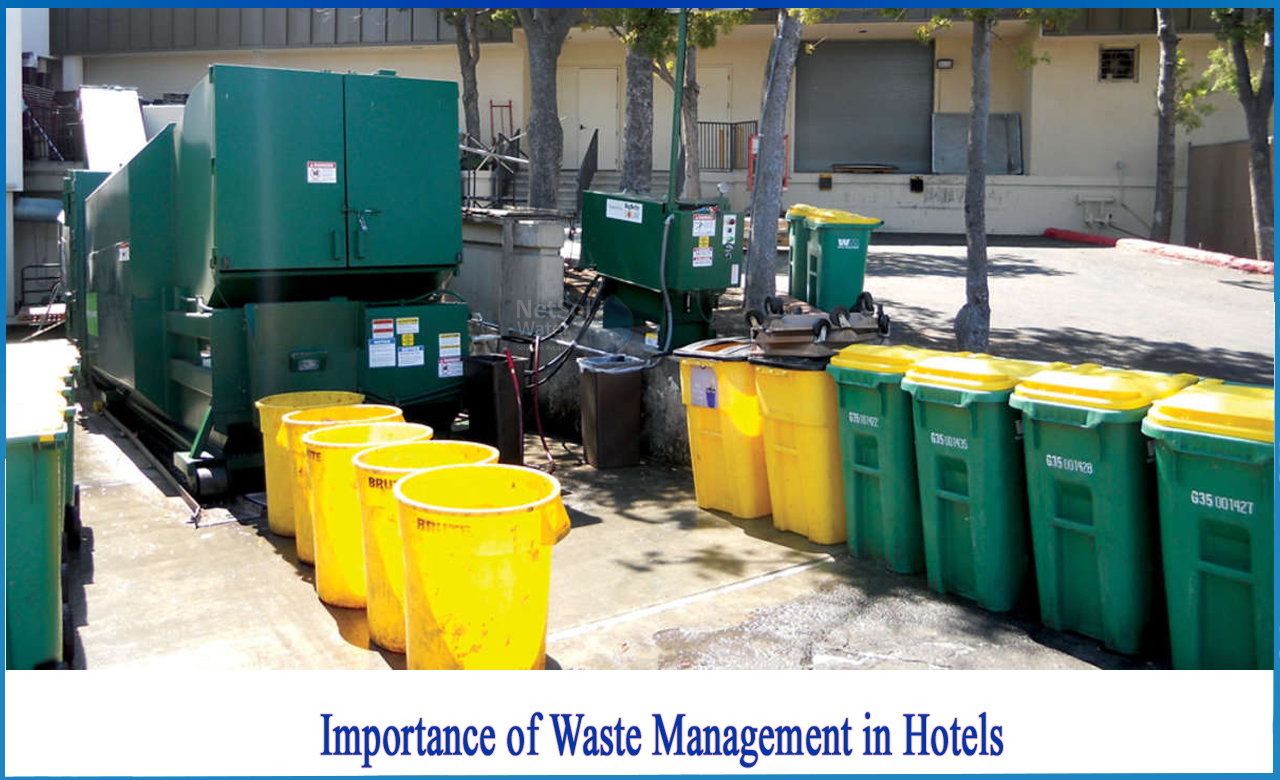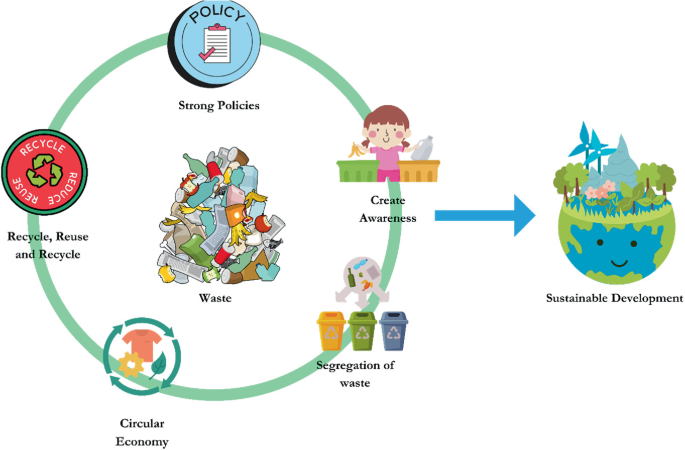Some Known Questions About Reclaim Waste.
Some Known Questions About Reclaim Waste.
Blog Article
7 Easy Facts About Reclaim Waste Explained
Table of ContentsLittle Known Questions About Reclaim Waste.Top Guidelines Of Reclaim WasteAn Unbiased View of Reclaim WasteThe 2-Minute Rule for Reclaim WasteReclaim Waste Fundamentals Explained
Domestic sewer waste refers to the waste and items from a household septic tank. The proper monitoring and disposal of domestic sewage waste call for liquid waste to be moved to a sewage therapy plant where the proper techniques and equipment are applied to detoxify and dispose of waste.
Industrial waste usually consists of potential dangers, such as combustible materials or a combination of liquid and solid waste items, and requires an advanced and in-depth disposal procedure. The disposal of commercial waste normally involves the filtration of waste before transportation to ensure secure and proper disposal. Hazardous waste is created from results and runoff of industrial procedures and manufacturing.
This kind of waste can not use the exact same sewer administration transportation or processes as septic or industrial liquids. The industrial waste management process requires the evaluation and screening of fluid waste prior to it undertakes the disposal process (liquid waste removal). Drainage waste is the liquid waste that comes from overflow and excess stormwater in extremely inhabited areas or cities
Overflow waste can trigger contamination and flooding if not dealt with appropriately. Discover a lot more regarding drain cleaning and waste management. Guaranteeing appropriate waste administration can avoid catastrophes and decrease environmental injury. Both people in property setups and experts in commercial or manufacturing sectors can take advantage of comprehending the processes and regulations of fluid waste administration.
The Definitive Guide for Reclaim Waste
Contact PROS Solutions today to find out about our waste administration and disposal solutions and the appropriate ways to take care of the fluid waste you produce.
(https://www.storeboard.com/reclaimwaste2)This so-called 'wastewater' is not just an important source however, after therapy, will be launched to our land, waterways or the sea. Used water from commodes, showers, baths, cooking area sinks, laundries and commercial procedures is understood as wastewater.

water utilized to cool down machinery or clean plant and tools). Stormwater, a type of wastewater, is drainage that flows from farming and urban locations such as roofs, parks, yards, roadways, paths and seamless gutters into stormwater drains pipes, after rainfall. Stormwater flows unattended directly to neighborhood creeks or rivers, eventually reaching the sea.
The Single Strategy To Use For Reclaim Waste
In Queensland, many wastewater is treated at sewage treatment plants. Wastewater is delivered from residential or commercial websites via a system of sewage systems and pump terminals, recognized as sewage reticulation, to a sewer therapy plant.
The Division of Natural Resources advises city governments about managing, operating and maintaining sewerage systems and treatment plants. In unsewered areas, neighborhood governments may need householders to install specific or household sewer treatment systems to deal with domestic wastewater from commodes, kitchens, shower rooms and laundries. The Division of Natural Resources authorises using household systems when they are proven to be reliable.
In some new subdivisions, treatment of some stormwater to remove trash, sand and gravel has started utilizing gross toxin catches. Wastewater therapy occurs in 4 phases: Gets rid of solid issue.
Uses small living microorganisms recognizes as micro-organisms to break down and eliminate continuing to be dissolved wastes and fine bits. Micro-organisms and wastes are included in the sludge.
Not known Facts About Reclaim Waste
Nutrient elimination is not readily available at all sewer treatment plants because it requires pricey specialized tools. Clear liquid effluent created after therapy may still have disease-causing micro-organisms - liquid waste removal melbourne.

This usually suggests wastewater needs to be treated or contaminants removed before it can be released to rivers. A lot of wastewater flows right into the sewage system. Under the Act, city governments carry out approvals and licences for eco appropriate tasks (Ages) including wastewater launches that may have a local influence. The division provides approvals and permits to ERAs entailing wastewater releases that could have a regional or statewide impact.
Reclaim Waste Can Be Fun For Everyone
Or else, samples are taken for research laboratory evaluation. Commonly many tests are needed to develop the degrees of each of the various pollutants such as oils, heavy steels and pesticides in water. Monitoring offers accurate info concerning water quality and can confirm that licence conditions are being satisfied. The a knockout post details gotten through monitoring offers the basis for making water high quality choices.
Report this page